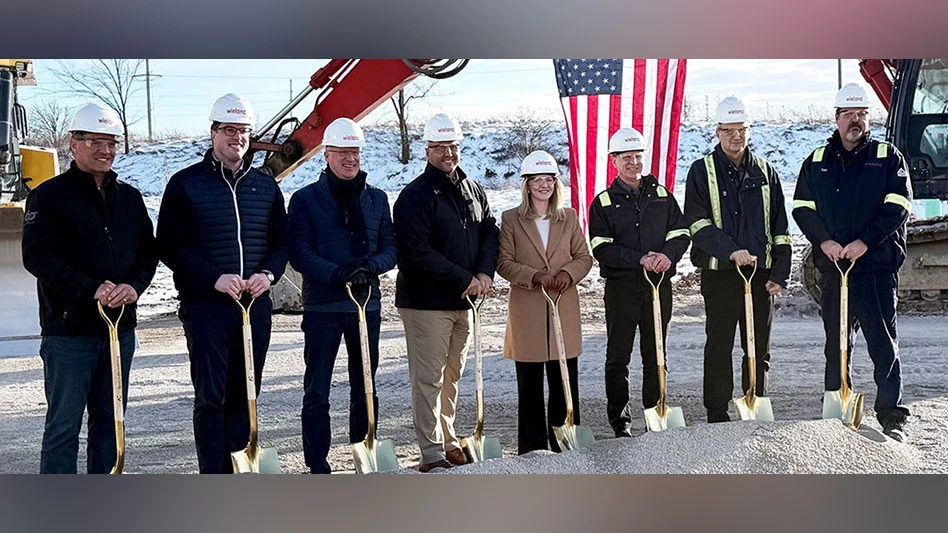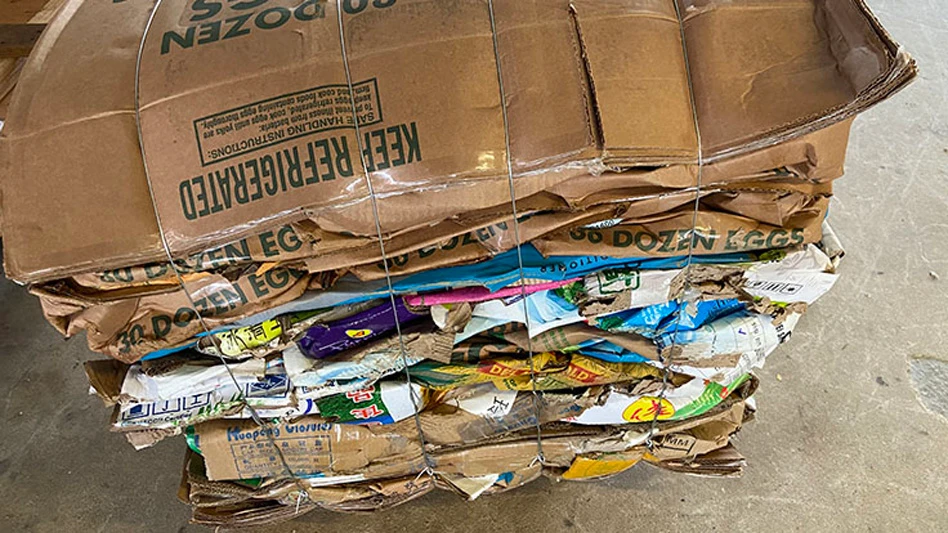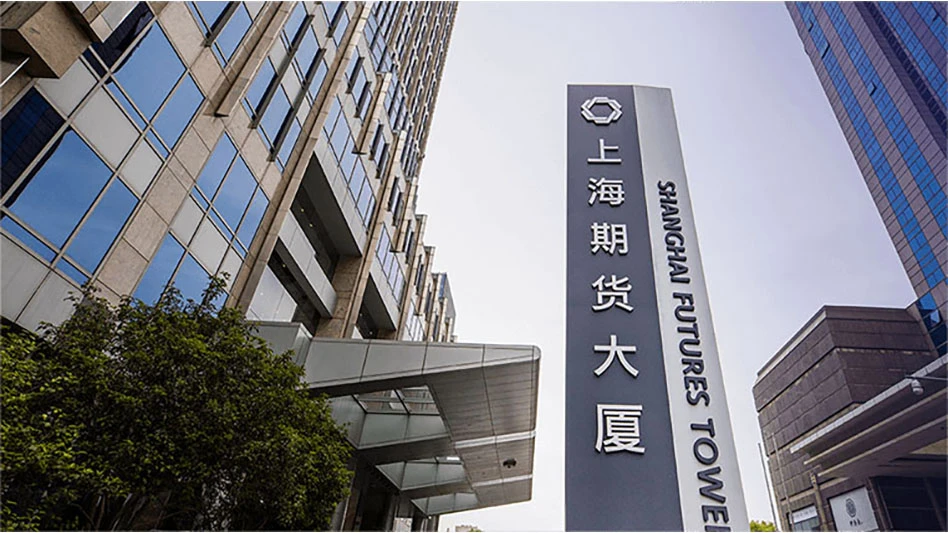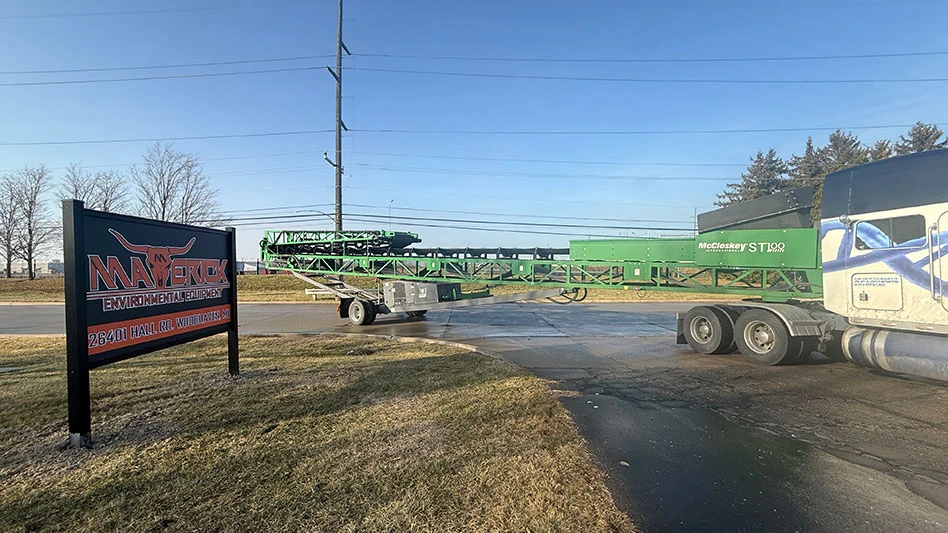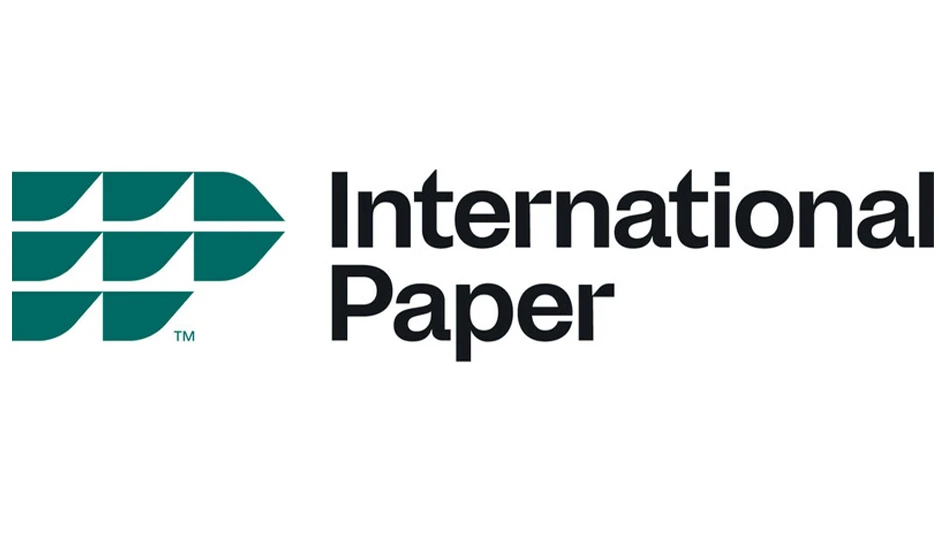
Nanci Schuld has embraced the discomfort of problem-solving. As co-founder, president and chief operating officer of FE Trading Group, says she tries to stay true to first principles—breaking down problems and “making them easier to solve.”
As a brokerage firm, FE Trading, which Schuld co-founded in 2017 with CEO Robert Kelman, specializes in solving its suppliers’ and consumers’ problems, which often include logistical headaches.
Schuld has a degree in economics and a background in trading soybean options and futures and nonferrous and ferrous metals, the latter with Sims Metal.
“I realized there was a pretty big vacuum for small, medium and large recyclers, too—maybe they didn’t have the expertise or the knowledge of all the different markets,” she says. “So, after being at Sims for a while, I decided to start a trading company.”
That original firm was FE Exchange, which evolved into FE Trading.
Since 2017, FE Trading, which has an office in Sandusky, Ohio, has grown its annual revenue to $300 million and its staff to 17 people who work primarily out of home offices or in the facility the firm operates near Mobile, Alabama.
As the company has grown, Schuld says she has remained focused on helping clients navigate the logistical challenges of trading scrap throughout North America via rail, barge and truck.
“Oftentimes, especially in our business, the markets get disconnected. Since we are a supplier to just about every single mill in the [U.S.], we’re able to pivot to those markets with our suppliers because it’s very important for us to stay consistent with our suppliers and the consumers, at least as consistent as we can,” she says. “Everybody can focus on their core business, and we’ll handle the rest for them.”
In the following interview, Schuld discusses the issues she sees facing the recycling industry and her approach to trading.
Q: What are some important issues you see facing the recycling industry?
A: Some people seem to think consolidation is an issue facing the industry, but we’ve gone through this for at least the 30, 35, years I’ve been in this business. It’s been one of those things that ebbs and flows at different times. There seems to be a lot more consolidation, but … even though the cost of entry is so high, people do come in and start greenfield sites or buy a site. It seems to happen quite a bit. ... It’s just one of the things that’s been happening throughout the history of the industry for a very long time.
Q: How are tariffs affecting what you’re seeing in the market?
A: [L]eading up to when they made that first announcement that [tariffs on Canada and Mexico were] supposed to start March 1, [they] did cause some disruption—especially the stuff we do out of Canada. When it comes to rail cars … oftentimes, [they are] at a holding yard, and they only get serviced one or two days a week. Sometimes even that service doesn’t happen. … The suppliers didn’t know when [the railcars] would get to a border. So, it was disruptive.
It’s so hard to say what all the implications will be, … and, as we know, it keeps changing. We’re doing tariffs. We’re not doing tariffs. The one thing we know is there [are] tariffs on new steel and aluminum coming into the country. So, naturally, you’d think that is going to drive prices up domestically, which you would then think is going to drive scrap prices up domestically. But, again, if there are going to be tariffs on scrap, it changes a lot of things, and it’s very difficult to know what all of the chairs on the deck are going to be.
… [We’ve] got to roll with the punches. I believe that our industry is so resilient. No matter what happens, it seems like everybody moves forward, and if we have to change course, we change course.
Q: If you had to encapsulate your business philosophy, what would it be?
A: It’s not a very common thing, but ... being a problem solver. ... I’ve always taken myself out of my comfort zone, which puts a lot of pressure on any individual. It’s not just me, but when you take yourself out of your comfort zone, it’s pressure. It’s pressure on a lot of things you’re considering. Then I believe it prepares you for other pressures that are coming, because they’re always coming.
... [O]nce you break down the problem, it’s easier to solve. I think that’s very important for anybody running a business.
Most businesses are always going to have challenges, so somebody’s got to solve them without putting pressure on the business itself.

Explore the Spring 2025 Scrap Recycling Issue
Check out more from this issue and find your next story to read.
Latest from Recycling Today
- Cyclic Materials announces plans for South Carolina campus
- WM reports revenue, earnings growth in Q4 and full-year 2025
- Solarcycle’s Cedartown, Georgia, recycling facility opens
- Stadler equips Spanish MRF
- SSAB finishes 2025 with decreased revenue
- Vecoplan appoints CFO
- Aurubis raises full-year forecast
- Levitated Metals adds LIBS sorting technology

